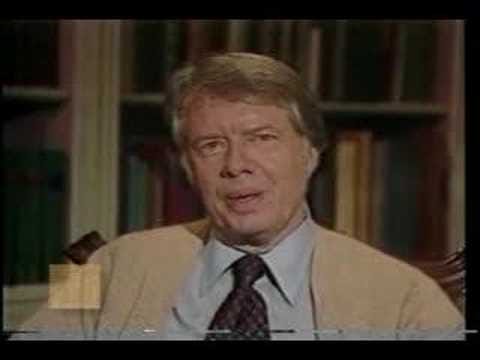This issue of The Green Dispatch is another “news you can use”, meant to help you to lower your carbon footprint or to otherwise lead a more environmentally sound lifestyle.
Just this past week, I felt that certain chill in the air. We’ve had a few cooler days in the last two months, but this week the weather had that definite fall feeling. In southern California, we lack certain reminders of the season, such as early morning frost on the lawn or the brilliant colors of fall foliage. Still, fall has definitely arrived in San Diego.
It is time for jackets and sweaters, hot cider, too. Folks in colder climes will be digging out their thermal underwear, rubber boots, and other heavy-duty apparel for the coming winter. Meanwhile, I’ll be fumbling over lighting our furnace. As I do this only once a year, it usually takes me several tries before the pilot light stays lit. While ruminating on this mildly unpleasant task, I wanted to share a few tips to help you lower your carbon footprint this winter.
Cooler temperature tips
Whether you have an electric or gas furnace, it is recommended to turn the thermostat down while you’re gone during the day. This can save energy, keep greenhouse gases out of the atmosphere, and save you money.
During these cooler months, you can drop your thermostat to a chilly 58 degrees Fahrenheit when you’re away from home. A programmable thermostat can maintain 58 degrees during the day, then start up your furnace an hour before you are expected home. Some folks have a wifi-enabled thermostat, allowing them to set or reset the temperature from a distance. If they get an unexpected afternoon off, they can use their phones to get the furnace going on their way home.
Turning the thermostat down at night is also environmentally and economically prudent. For most folks, a cooler bedroom is more comfortable, too.
Wintertime means long nights with plenty of time to read (joy of joys!). My wife and I spend much of that reading time in bed, using a space heater in our bedroom until we go to sleep. Meanwhile, we turn down the thermostat for the rest of our apartment. We’ve also found that a chilly bathroom begs for long, hot showers. My wife bought a space heater for the bathroom that helps us avoid long showers with all that hot water going down the drain.
Colder weather is also the time for lasagna and pizza and big baked potatoes for dinner. Once we turn off the oven, we leave the door slightly ajar so the residual heat warms the kitchen and living room. Why not let the oven do some double duty?
Conservation: the road not taken
Whenever I think about turning down the thermostat, I am reminded of the 1970s. Throughout most of that decade the term “Oil Crisis” dominated the headlines, with one big worry being Europe’s ability to keep itself warm.1 The now familiar, ever-repeating series of high oil prices, gas shortages, and double-digit inflation began with the 1973 Arab oil embargo of the U.S. The Arab nations instigated the embargo in retaliation for U.S. support of Israel during the 1973 Yom Kipper War.
Early in 1977, just weeks into his administration, Jimmy Carter gave what came to be known as his “Sweater Speech.” Sitting by a fire, Carter wore a sweater as he addressed the nation about the need for the United States to develop an energy strategy. The unusual attire for a presidential address signaled to the American public that it’s smart to put on a sweater and turn down the thermostat a few degrees.
With the election of Ronald Reagan, the country turned away from the idea of using less of anything. The zeitgeist of neoliberalism that came with his presidency has remained with us, through GOP and Democratic administrations alike. Indeed, a lot of people came to believe that Jimmy Carter’s enthusiasm for conservation led to his political defeat in 1980. That may or may not be true. But it is true that right now, even staunch environmentalists will not urge folks to conserve, drive less, or lower the heat in their homes.
Except for me. You can lower your heating bills and save the planet. Just turn your thermostat down!
For more environmental science & news follow me on Twitter @EcoScripsit.
By CLYDE H FARNSWORTH Special to The New,York Times. "Europe's Oil Crisis: No Quick New Sources in View: Not enough Coal New Processes Studied European Unity Threatened." New York Times (1923-), Nov 07, 1973, pp. 12. ProQuest, https://www.proquest.com/historical-newspapers/europes-oil-crisis-no-quick-new-sources-view/docview/119679435/se-2.





